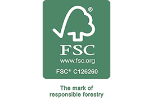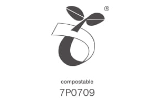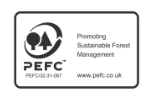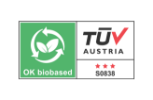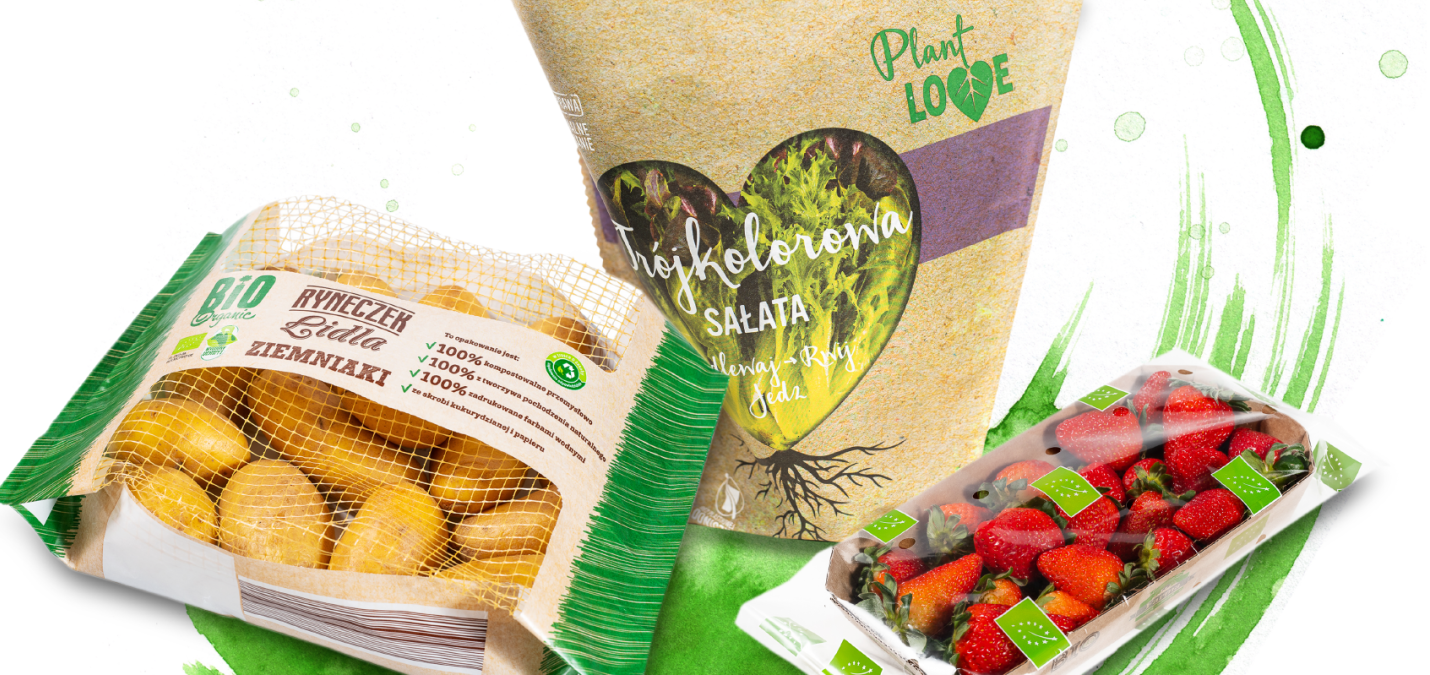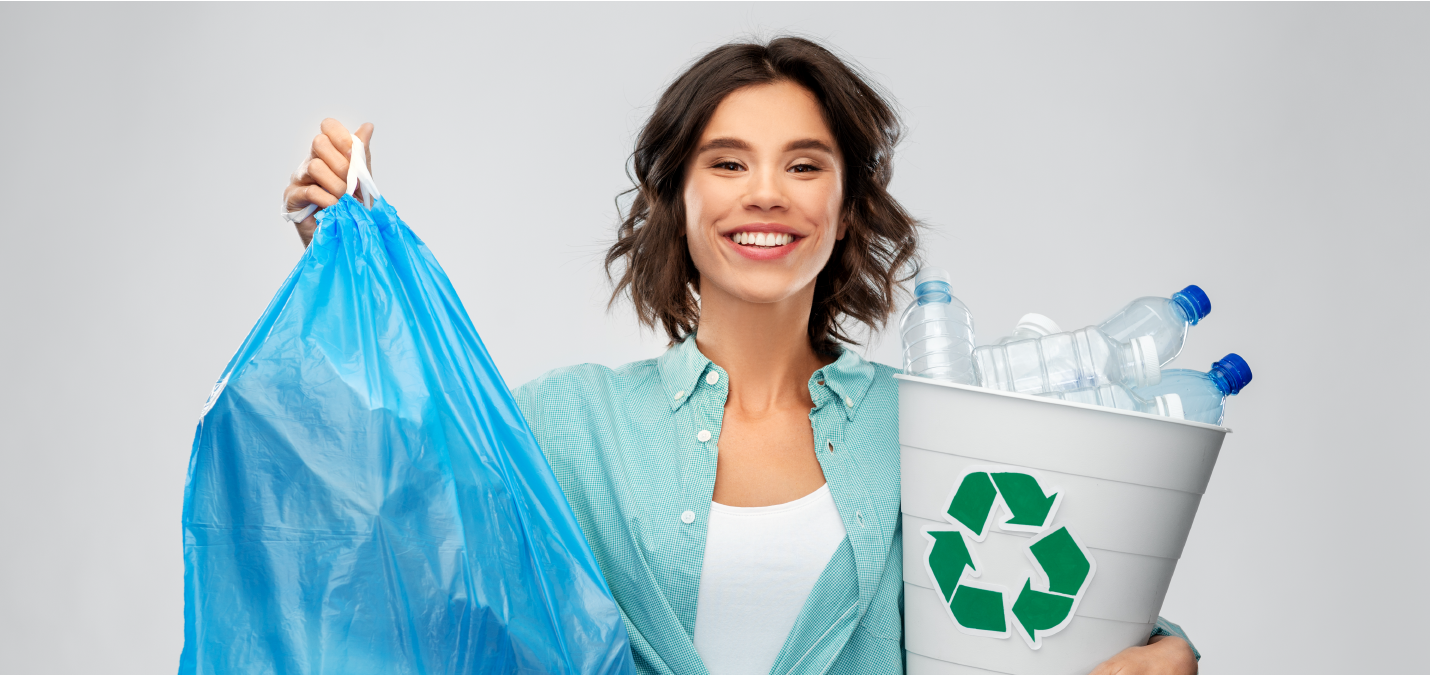

Waste management in the era of the pandemic
Unfortunately, the pandemic has shown how dependent we are on disposable products made from plastic. Issues such as the closed circuit or the reusability of materials had temporarily faded into the background, and that was visible even in the moods of incinerator and landfill owners, who called for lifting the obligation to process raw materials during the sanitary crisis. It was still the case in March and April 2020. And, how is it now?
The need to prevent the spread of SARS-CoV-2 has contributed to the fact that more and more medical waste has cropped up all over the world. In addition, the overall consumption of single-use plastics, such as face masks, gloves, plastic visors/face shields, as well as disinfectant containers is increasing.

These figures are worrying. According to WHO estimates, as a result of the COVID-19 pandemic, there is a need for 89 million disposable face masks and 76 million hygiene gloves each month. Most of them will probably be found in the wild. OceansAsia's research director, Dr. Teale Phelps Bondaroff predicted that about 1.56 billion face masks would end up in the oceans in 2020. Sanitary crisis? One could say so. This is the opinion held, among others, by The European Commission and the ECA, i.e. the European Court of Auditors. This is yet another crisis, in addition to the health and economic crunch.
We should still bear in mind that the occurrence of the pandemic only exacerbated the disturbing situation faced for years. After all, disposable packaging accounts for approx. 40%.of all plastic production in the EU, leading to the emergence of 61%. artificial waste.
How to deal with 'pandemic' waste?
The problem is not just the increased production and consumption of personal protective equipment, but also that such waste is difficult to dispose of. For instance, though made from natural material, latex gloves are not eco- friendly due to the chemical additives used in their production.
Professor Richard Thompson, director of the Maritime Institute at the University of Plymouth, says it is understandable that sustainability practices are minimised during the crisis. However plastic waste disposal should always be viewed as a whole: from the very beginning to the final stage of use: Whether it is a lemonade bottle or a face mask, so often used nowadays.

But let's be honest: in most cases, personal protective equipment used in medical facilities is simply not fit for recycling. There are, of course, exceptions to this rule. For example, medical aprons made of airbag material that can be washed repeatedly have been launched on the American market by Ford.
In daily situations, it is worth using alternative methods of protection against virus transmission. Consumers may opt for reusable masks. The key to success in this case, however, is to keep them clean on a regular basis.
When it comes to advice for an "average" person, it is worth following the same rules applicable to segregating and handling waste daily as outside the pandemic. How about the waste from someone who is being isolated or quarantined? Then, there is no obligation to segregate. All waste should be put in one bag, preferably one with virucidal properties. Tie the filled bag, secure it with tape, and wait approximately 72 hours before handing it over for collection.
How did the recycling system respond to the pandemic?
The initial months of the pandemic, i.e. March and April, were challenging times, also for companies that collect, segregate and process waste. Plants, for staffing reasons, sometimes limited waste collection, which translated into larger local pollution. The first important observations were made on the British market.
Lee Marshall, director general of the Advisory Committee on Local Authority Recycling (LARAC), said that UK city councils had adopted contingency plans for all their services early in the crisis, reducing waste collection due to staff shortages. It was related to government restrictions regarding the number of people working together simultaneously .
Regarding street pickups, some British municipalities have temporarily stopped collecting large items such as household appliances. Marshall was a supporter of a liberal approach to landfilling, noting that during the pandemic it should be possible to store more waste in landfills than is usually allowed. At least for some time.
He was not alone in that way of thinking because at the beginning of the pandemic the number of employees working the traditional way had decreased sharply, and the amount of waste from households had increased. Initially, in the UK, there was also a disrupted (but not interrupted) supply chain of paper and cardboard. The situation has now improved.
In this context, the DS Smith plant was being closely watched. It is one of the largest recyclers of cardboard and paper in Europe, managing over 5.5 million tonnes of packaging materials per year.
How did the British recycling system respond to coronavirus? Jochen Behr, director for recycling at DS Smith, argues that recycling is considered a "critical industry" in the UK, thus companies such as DS Smith must operate smoothly. However some city councils discussed the suspension of particular recycling services, Behr persuaded local authorities to collaborate, encouraging uninterrupted fundraising.
Jochen Behr from DS Smith emphasises the huge role of efficient management of transport constraints and the availability of staff. In his opinion, it is a key factor ensuring the continuity of operations not only on the British Isles, but throughout all Europe, as the availability of cardboard and paper for recycling affects many countries at the same time.
In this context, it is worth mentioning that currently around 45% of household waste is being recycled in Great Britain. To achieve the ambitious 20% target by 2035, new investments in recycling infrastructure and an agreement at the local level are necessary.

New action scenarios are needed
Joan Marc Simon from Zero Waste Europe stresses that countries cannot be forced to choose between protecting public health and protecting the environment. In the future, therefore, scenarios must be developed that will deal with any other prospective pandemic while maintaining an ecological approach.
Losses in waste management must not be a "cost" in tackling the epidemic threat, says Virginijus Sinkevičius, EU Commissioner for the Environment, Oceans and Fisheries: Good waste management is part of the basic services geared for the well-being of our citizens, provided by many waste and closed-circuit economy companies.
Therefore, the ambition of the European Union is to maintain a high level of protection of human health and the environment at the same time. This is followed by a specific amount of money, as for the 2014-2020 period the EU Member States have planned EUR 4.9 billion from the cohesion policy funds to be spent on waste management. This amount is to be allocated to all activities related to separate collection and recycling, also during the epidemic, i.e. on:
- safe handling of waste from the homes of infected people,
- responsible handling of large amounts of medical waste,
- undisturbed transport of waste from the collection point to the recycling point.
New difficulties mean new problems - also for the processing industry.
The first months of the pandemic also sparked a series of emotional discussions in the Polish waste management sector. For example, the Waste Management and Recycling Cluster appealed to the government for the temporary possibility of storing mixed municipal waste, regardless of its calorific value or direct transfer of unsorted waste for incineration. Such a solution was supposed to protect sorting factory workers against the risk of coronavirus infection.

The above-mentioned appeal, however, raised concerns of the "Polish Recycling" Association, which brings together entrepreneurs from the recycling industry. According to its representatives, the Cluster’s demands were not just environmentally unfriendly, but also supported other methods of managing used packages (and not only) other than recycling. In addition, in such a scenario, due to the depositing of raw material waste in landfills, the production capacity of Polish recyclers would be blocked. According to the Association "Polish Recycling", the possibility of long-term storage would entail an irrecoverable loss of raw materials.
As the president of this association, Szymon Dziak-Czekan, said: Material recycling is the foundation of the Closed-Circuit Economy, and the current situation in Poland and Europe caused by the COVID-19 virus shows an urgent need for its implementation. The EU has already drawn up a package of waste directives that need to be enforced soon. Global and domestic companies are expecting decisions in this regard, so that they will be able to prepare for the new system.
Ultimately, the proposals of the Waste Management and Recycling Cluster were not implemented.
However, this is not the end of the controversy related to the link between the pandemic and recycling in Poland. Even in such difficult times, from the organisational and official point of view, the producers of packaging still need to adapt to the regulations of the Circular Economy Package prepared by the European Commission. According to this document, Poland must recover 50% of .plastics contained in packaging waste by 2025.
Deloitte analysts, however, point to numerous difficulties related to the implementation of European assumptions in the Polish reality. The European Commission ruled out the possibility of extending the deadlines and the changes must be implemented. Meanwhile, our country still lacks solutions that would enable Polish companies to adapt to the upcoming regulations. The Ministry of Climate is still working on the shape of the new system, and yet the deadlines are approaching. So this is another problem that the representatives of the recycling industry must come up against, even in the face of the crisis.
Zobacz również:
Most frequently read

About company
Silbo – packaging production experts with 20 years of experience in the industry. We support environmental protection on many levels, for example with creating new, biocompostable standards in the field of packaging production. These are the main values on which the activity of SILBO is based: focusing on innovation, ecology and quality issues.


Received certificates
